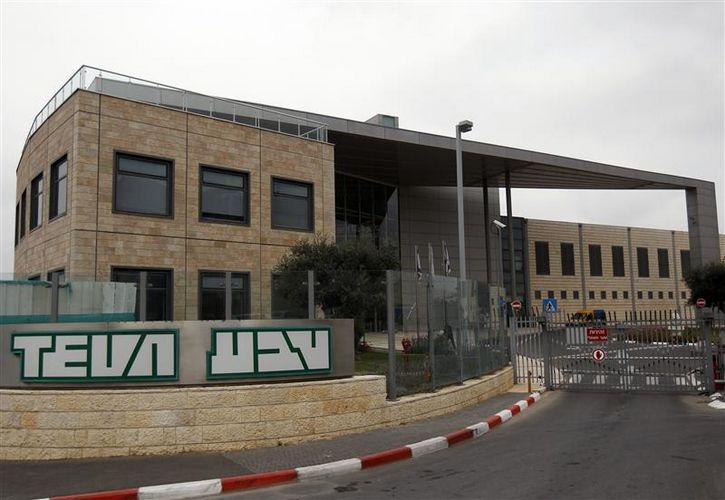Teva Pharmaceutical Industries joined the ranks of fallen angels on Friday after Moody’s Investors Service downgraded it to junk, the second ratings agency to do so in the last couple of months.
Moody’s cut the company’s rating by two notches to Ba2 on expectations it will struggle to manage significant debt burdens while facing a prolonged period of earnings erosion.
“While Teva’s cost restructuring program will help to partially offset declines, execution risk is high,” Moody’s said.
“Earnings declines from Copaxone and its US generics business will be severe, and meaningful deleveraging to under 4 times gross debt/Ebitda will take several years to achieve.”
Israeli-based Teva raised more than US$20bn in the investment-grade bond market in July 2016 across three different currencies to help finance its acquisition of Allergan Generics.
The US bond deal, at US$15bn, is one of the biggest corporate issues ever sold. It ties for 17th place for the largest ever US dollar corporate bond, IFR data shows.
But its bonds have been under pressure for months amid pricing pressure in the US market and competition for some of its generic drugs. The downgrade to junk saw the bonds widen out again on Friday by up to 28bp.
The 3.15% 2026 bonds widened by 19bp to G+305bp, while the 2.8% 2023 bonds were 28bp wider at G+306bp, according to MarketAxess.
Fitch downgraded Teva to junk in November, while S&P rates the company’s debt at BBB- with a negative outlook, or the lowest possible investment-grade score.
But with two of the three major rating agencies now rating Teva at speculative grade, the debt is expected to fall into junk indexes.
That officially makes Teva a so-called “fallen angel”.
